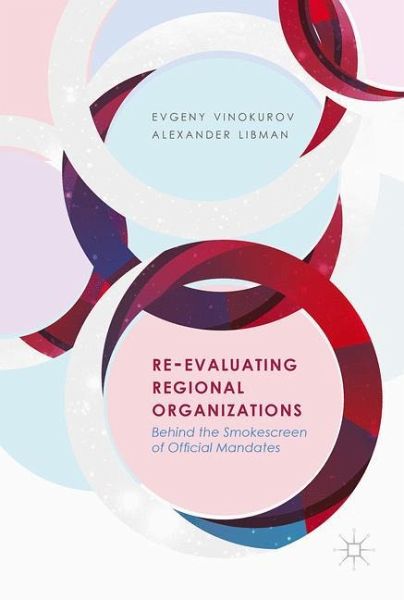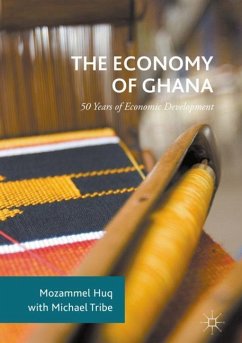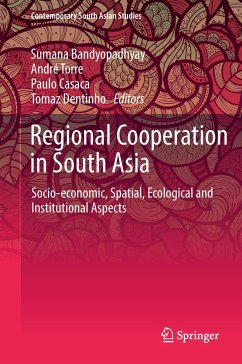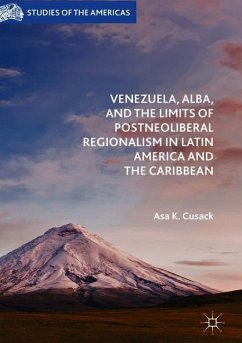
Re-Evaluating Regional Organizations
Behind the Smokescreen of Official Mandates
Versandkostenfrei!
Versandfertig in 6-10 Tagen
91,99 €
inkl. MwSt.
Weitere Ausgaben:

PAYBACK Punkte
46 °P sammeln!
This book re-evaluates the regional organizations landscape and discusses how organizations with similar mandates can exercise strikingly different goals. Even economic organizations, which do not produce any outcomes in terms of economic cooperation, can be valuable for their members or individual stakeholders. The book's argument is supported by a combination of quantitative and qualitative methods. It employs a novel dataset of 60 regional organizations to establish correlations between members' goals and their characteristics. More than a dozen case studies in Latin America, Africa, Middle...
This book re-evaluates the regional organizations landscape and discusses how organizations with similar mandates can exercise strikingly different goals. Even economic organizations, which do not produce any outcomes in terms of economic cooperation, can be valuable for their members or individual stakeholders. The book's argument is supported by a combination of quantitative and qualitative methods. It employs a novel dataset of 60 regional organizations to establish correlations between members' goals and their characteristics. More than a dozen case studies in Latin America, Africa, Middle East, Southeast Asia, and post-Soviet Eurasia illustrate the theoretic arguments of how particular types of regional organizations come into existence and evolve. Finally, the book examines the remarkable resilience of regional organizations and considers the conditions under which the stakeholders are willing to abandon support.












